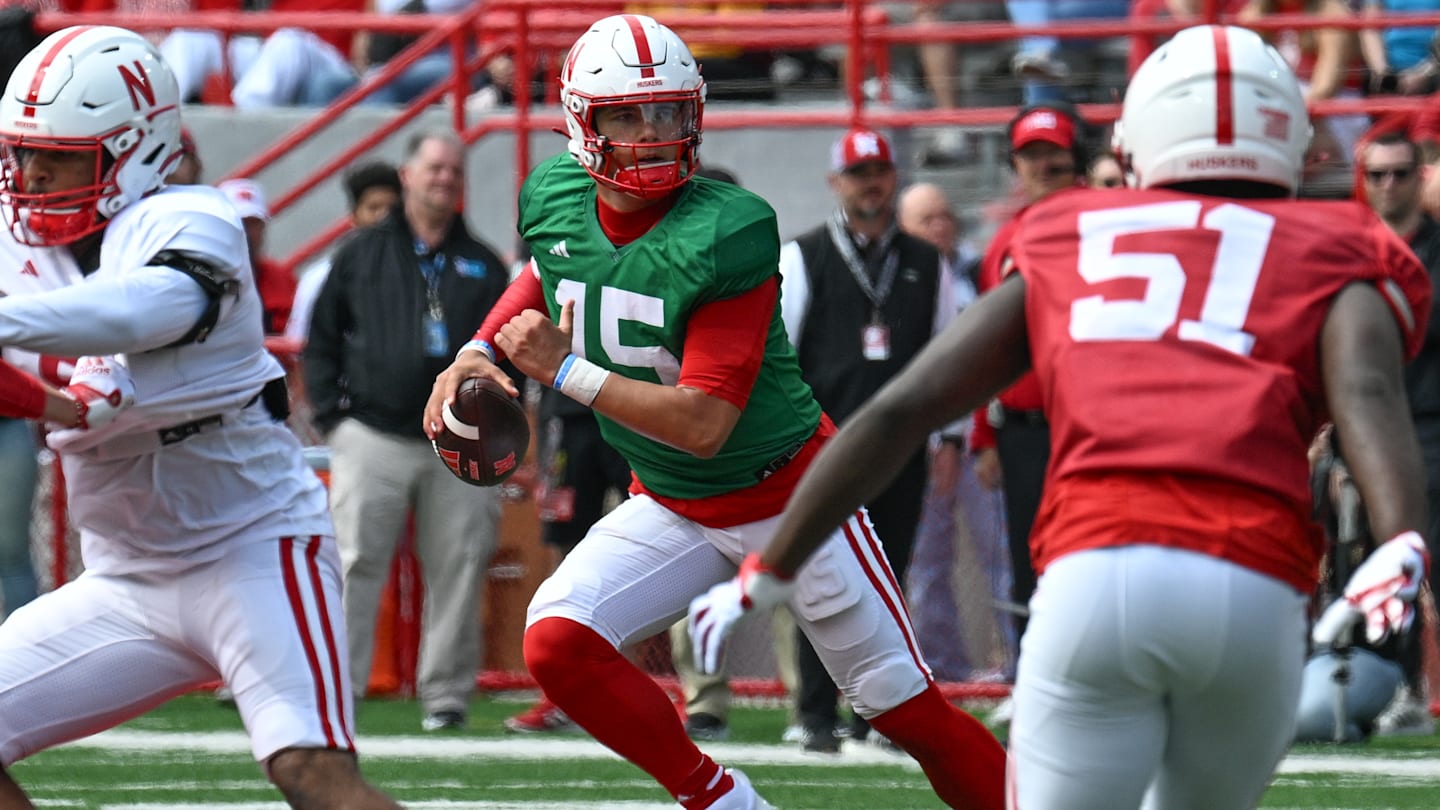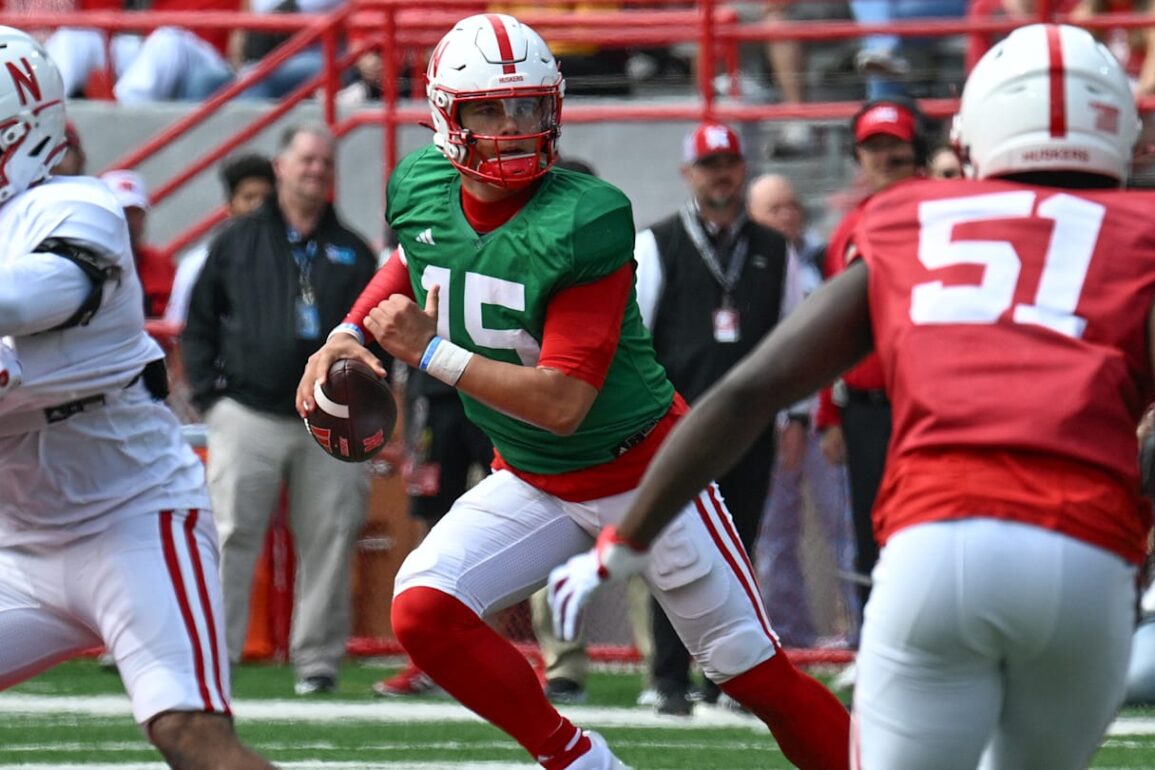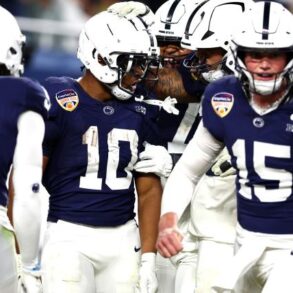
Spring games have long been a beloved tradition in college football, offering fans a first glimpse of their team’s progress and giving coaches a chance to evaluate players in a game-like setting. But Nebraska might be on the verge of shaking things up, and it could set off a domino effect across the sport.
Nebraska head coach Matt Rhule recently hinted that the Cornhuskers might not hold their traditional Red-White spring game this year. While nothing is set in stone, Rhule made it clear that he’s “highly doubtful” it will look anything like it has in the past. The reason? Tampering.
After last year’s spring game, which drew over 60,000 fans to Memorial Stadium and aired on the Big Ten Network, Rhule noticed an unsettling trend. Some of his players received offers from other programs to enter the transfer portal during the spring window. This wasn’t just idle chatter—it was a direct result of showcasing talent through the glorified scrimmage.
Rhule didn’t mince words when he said, “The word ‘tampering’ doesn’t exist anymore. It’s just absolute, free, open, common market.”
In other words, spring games have become prime scouting opportunities not just for fans and media, but for rival programs looking to poach talent. Rhule’s frustration is understandable. Why would any coach willingly put their players in the spotlight, only to risk losing them to the transfer portal a few weeks — or days — later?
But tampering isn’t the only reason Rhule is reconsidering the spring game. Injuries are another concern. Last year, Nebraska lost two key players—wide receiver Demitrius Bell and cornerback Blye Hill—to injuries during the spring scrimmage.
“When you have 105 and guys are being compensated now and you’re putting money behind some people, it’s a whole other set of parameters,” Rhule said.
So, what does this mean for the future of spring games in college football?
If Nebraska goes through with this change, it might not be long before other programs follow suit. The transfer portal has already transformed the landscape of college football, and tampering allegations have become more common. Coaches are under immense pressure to not just recruit high school talent, but also to retain the players already on their rosters. Spring games, once a harmless showcase, now pose a risk.
Programs could start shifting toward more controlled environments—closed scrimmages or practices with limited access. This way, coaches can evaluate their teams without broadcasting their talent to the rest of the college football world. It might not be as exciting for fans, but in today’s competitive environment, it could be the safer move.
Fans won’t like it, but that’s the way we’re heading. Until the “wild west” is under control, you can expect that every single team will do what they believe gives them the best competitive advantage, even if that means taking away things that fans have loved for decades.
Read More
This post was originally published on this site be sure to check out more of their content.










